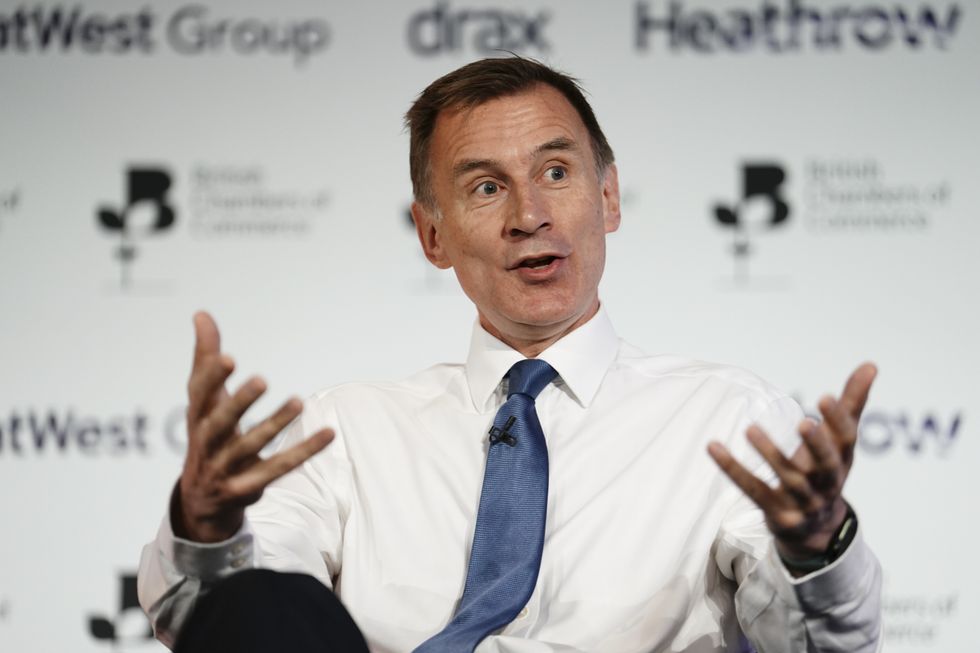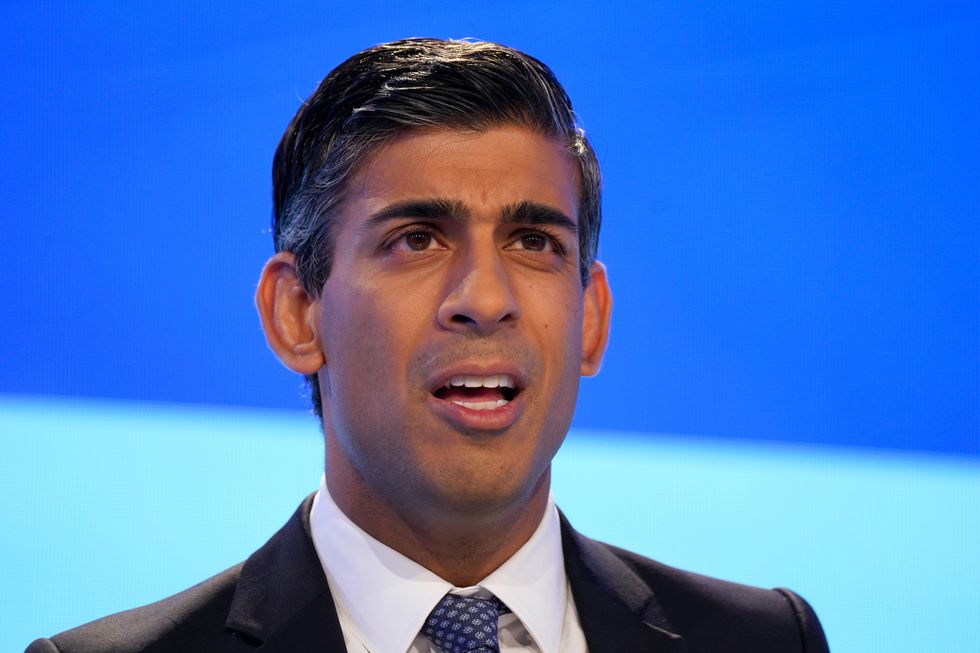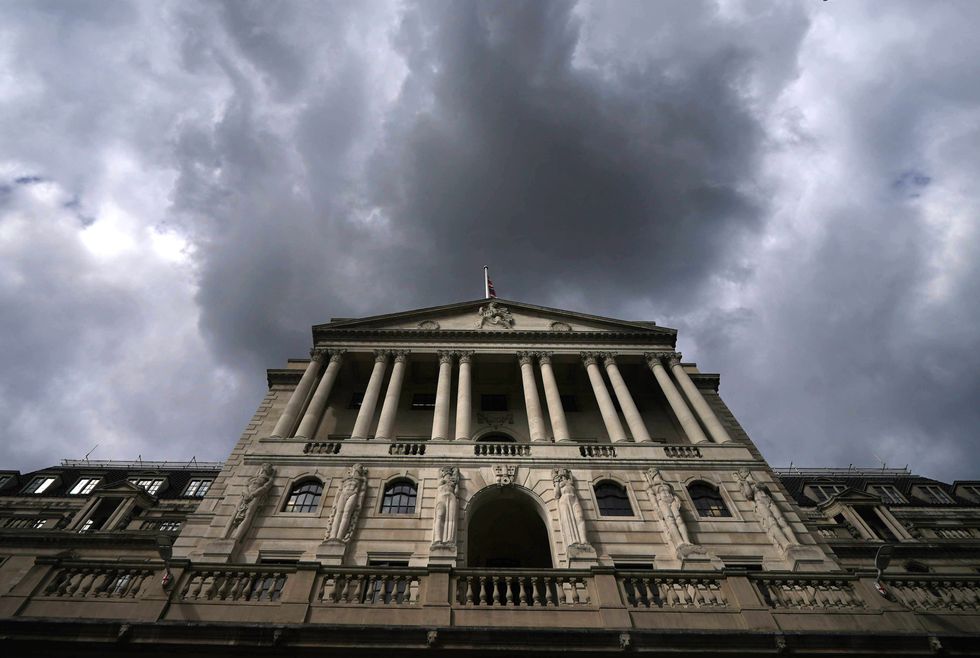UK debt of £2.6tn exceeds 100 per cent of GDP for first time in 62 years

A gloomy forecast for Britain
|PA
Government borrowing more than doubled in May
Don't Miss
Most Read
The UK's net debt has reached £2.6trillion as of the end of May, which is estimated at 100.1 per cent of the UK's entire gross domestic product (GDP), the Office for National Statistics (ONS) has confirmed.
It is the first time the debt-to-GDP ratio has risen above 100 per cent since March 1961.
Government borrowing soared soared year-on-year to £20billion in May to cope with substantial spending on energy support schemes, inflation-linked payments and interest payments on debt.
Borrowing in May was £10.7billion higher than a year ago and comes in as the second-highest May borrowing since monthly records began in 1993.

Chancellor Jeremy Hunt
|PA
Economists had predicted borrowing of £19.5 billion for May.
Chancellor Jeremy Hunt conceded that the Government had been making “difficult decisions” to balance the books in response to the pandemic and Russia's invasion of Ukraine.
The Chancellor said: “We rightly spent billions to protect families and businesses from the worst impacts of the pandemic and Putin’s energy crisis.
“But it would be manifestly unfair to leave future generations with a tab they cannot repay.

Sunak's five priorities have been dealt a couple blows this morning
|PA
“That’s why we have taken difficult but necessary decisions to balance the books in order to halve inflation this year, grow the economy and reduce debt.”
The ONS estimated that energy support schemes have cost the UK £29.7billion in the first six months alone.
Such schemes include the energy price guarantee capping bills at £2,500 a year, as well as the energy bills discount scheme.
The energy price guarantee was initially set to run from October to March only, but was extended until July.

The Bank of England is expected to raise interest rates tomorrow
|PA
From July, the guarantee will be replaced by Ofgem’s price cap for annual energy bills, which has been set at £2,074.
The interest payable on central government debt was £7.7billion in May, which is £200 million less than a year ago, but £700 million more than forecast by the UK’s fiscal watchdog, the Office for Budget Responsibility (OBR).
Borrowing in the first two months of the financial year so far has already reached £42.9 billion – £19.6 billion more than in the same two-month period a year ago and £2.1 billion higher than the £40.8 billion predicted by the OBR.
But the ONS said it has revised down its estimate for borrowing in the previous financial year to March 2023 by £3 billion to £134.1 billion.
This is still £11.8 billion more than in 2021-22 and remains the fourth highest borrowing figure since monthly records began.
The news puts another of Prime Minister Rishi Sunak's five key priorities for 2023 in doubt.
Sunak's priority to reduce the national debt has been dealt a blow as ONS figures place debt at a 60 year high.
The ONS has also confirmed that Consumer Prices Index inflation (CPI) remained at 8.7 per cent in May, defying expectations that it would drop.
Rising prices for plane tickets, recreational and cultural goods and services and second-hand cars are to blame for inflation remaining high, says the ONS.
The cost of motor fuel has fallen, offsetting the rise in other areas and putting the biggest downward pressures on inflation.
“The cost of air fares rose by more than a year ago and is at a higher level than usual for May.
“Rising prices for second-hand cars, live music events and computer games also contributed to inflation remaining high.”
While food and energy prices are conventionally volatile and impacted by global commodities, Bank of England economists will be concerned that 'core' and services inflation remains high.
Such rises are expected to prompt substantial and sustained rises in interest rates, which will have a knock-on impact on mortgages.










